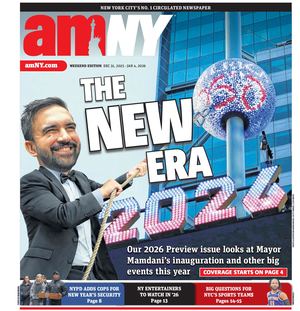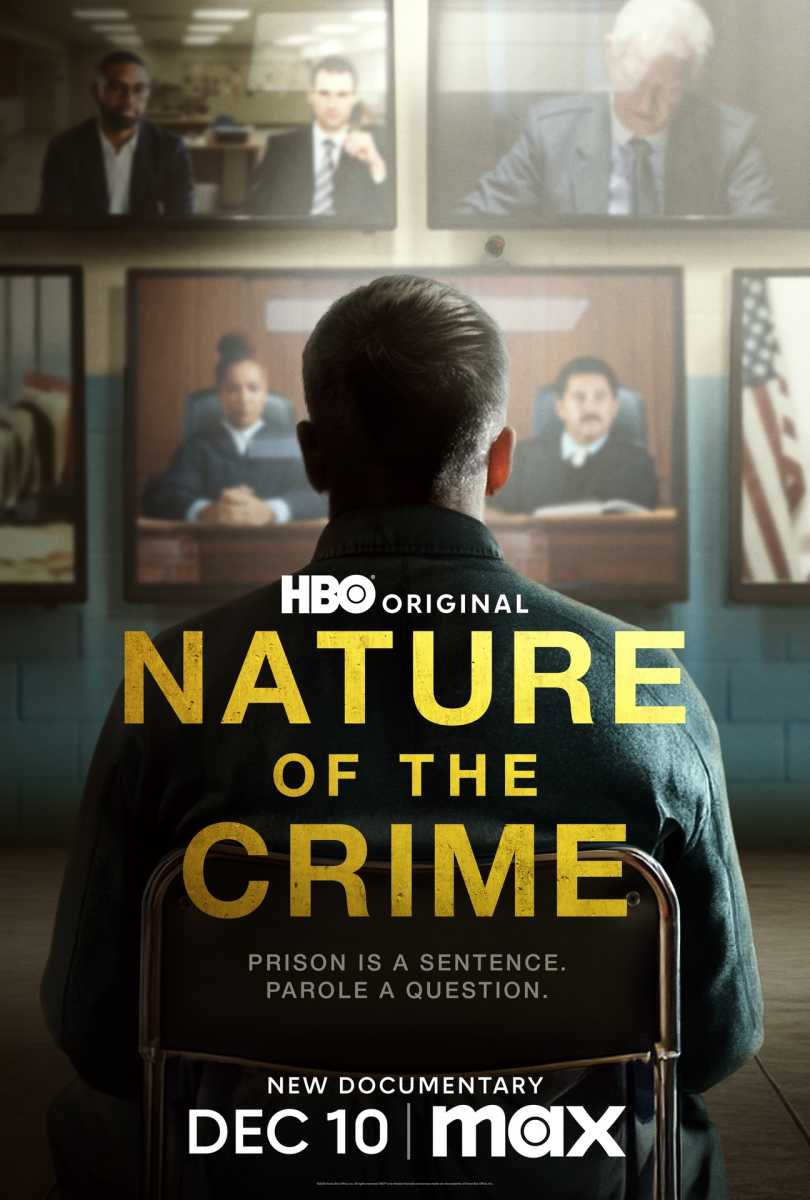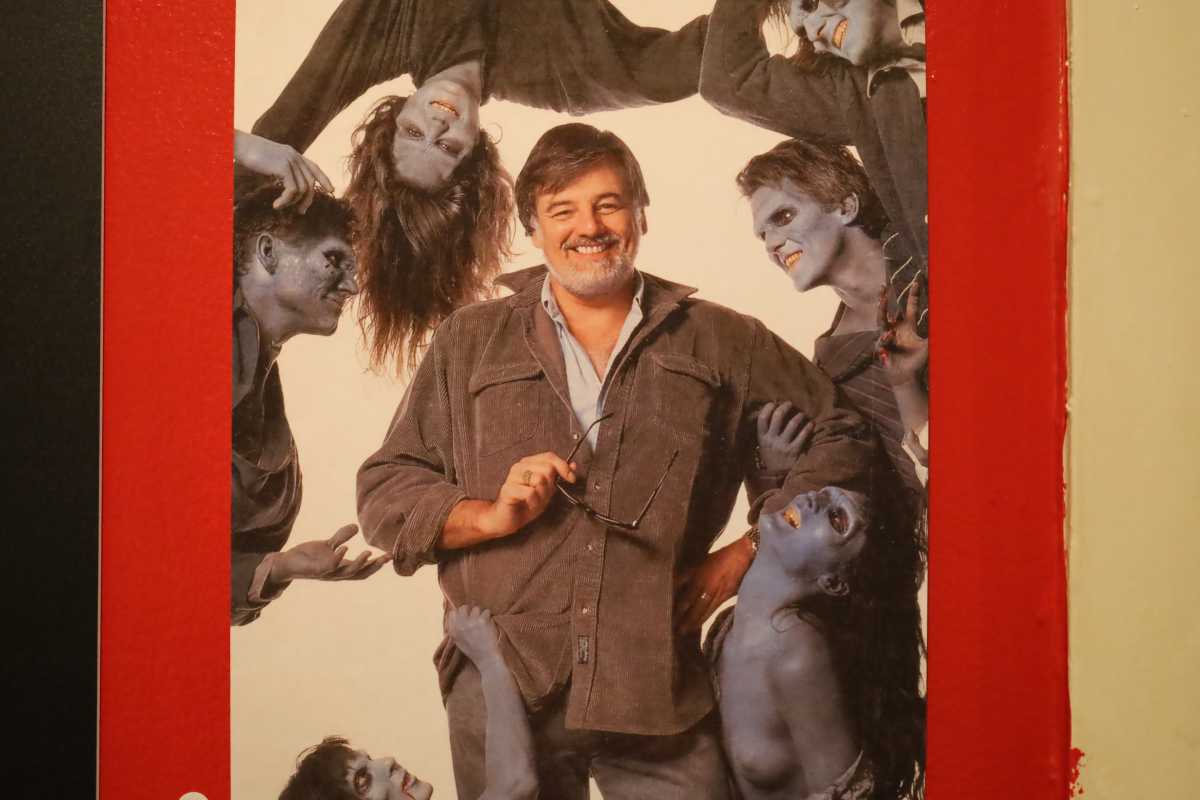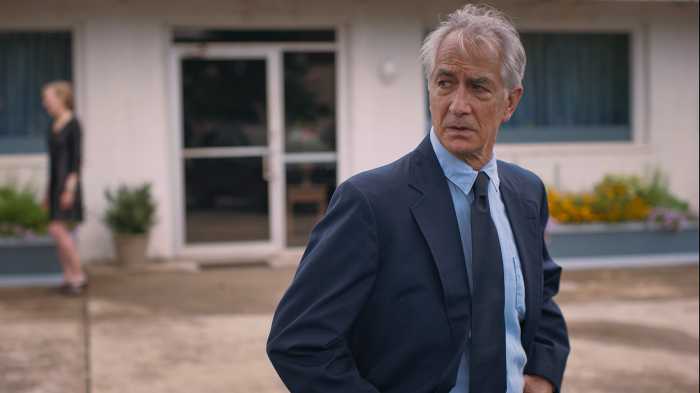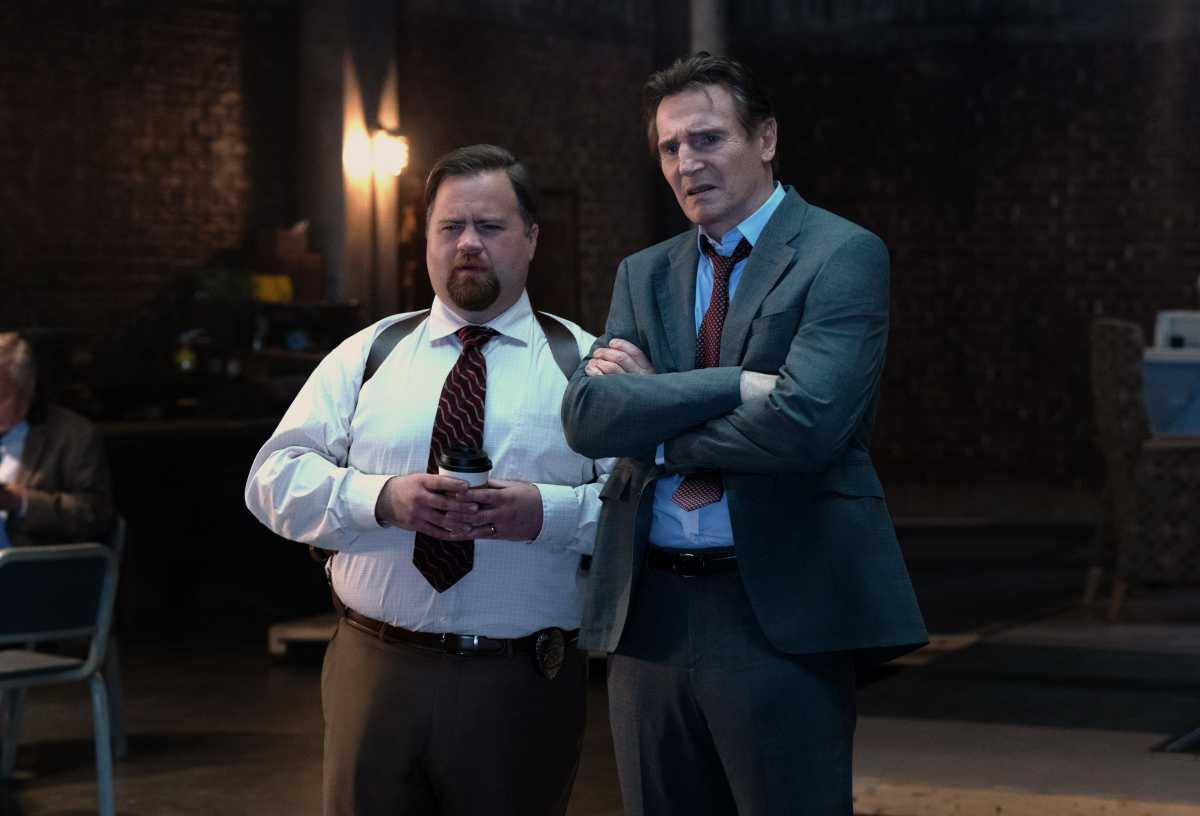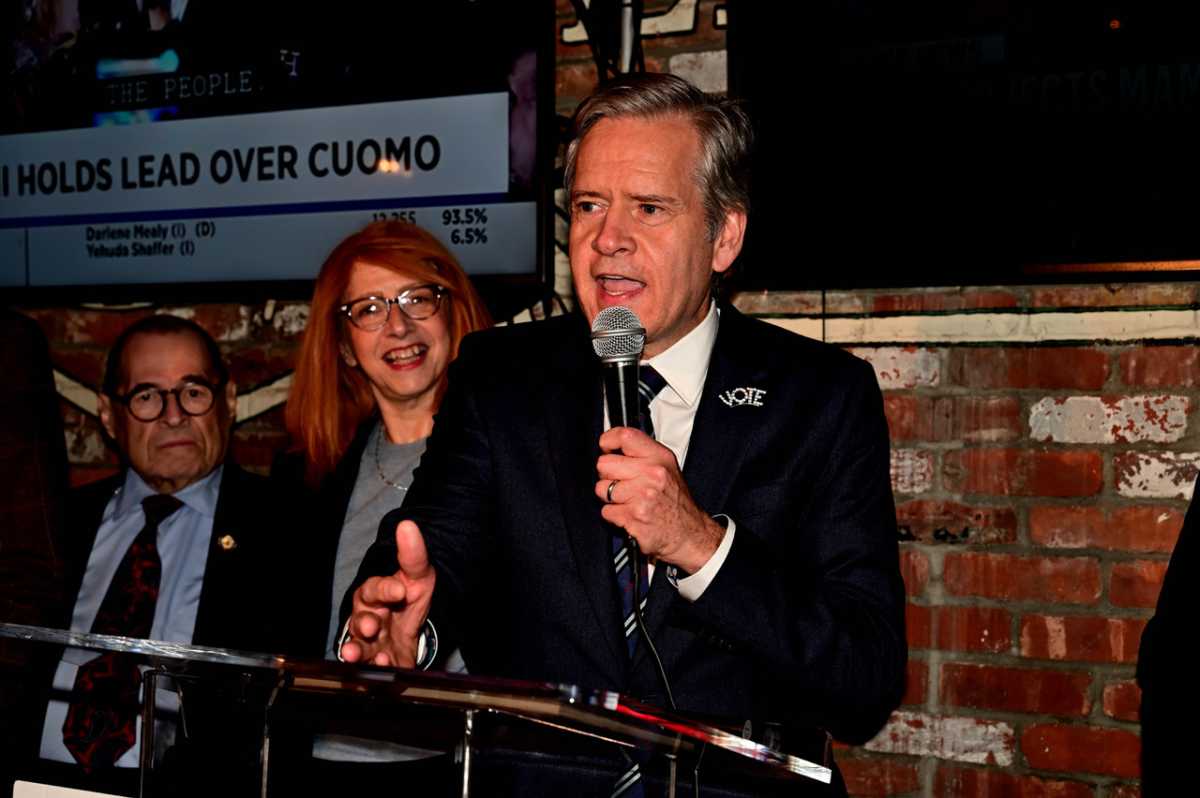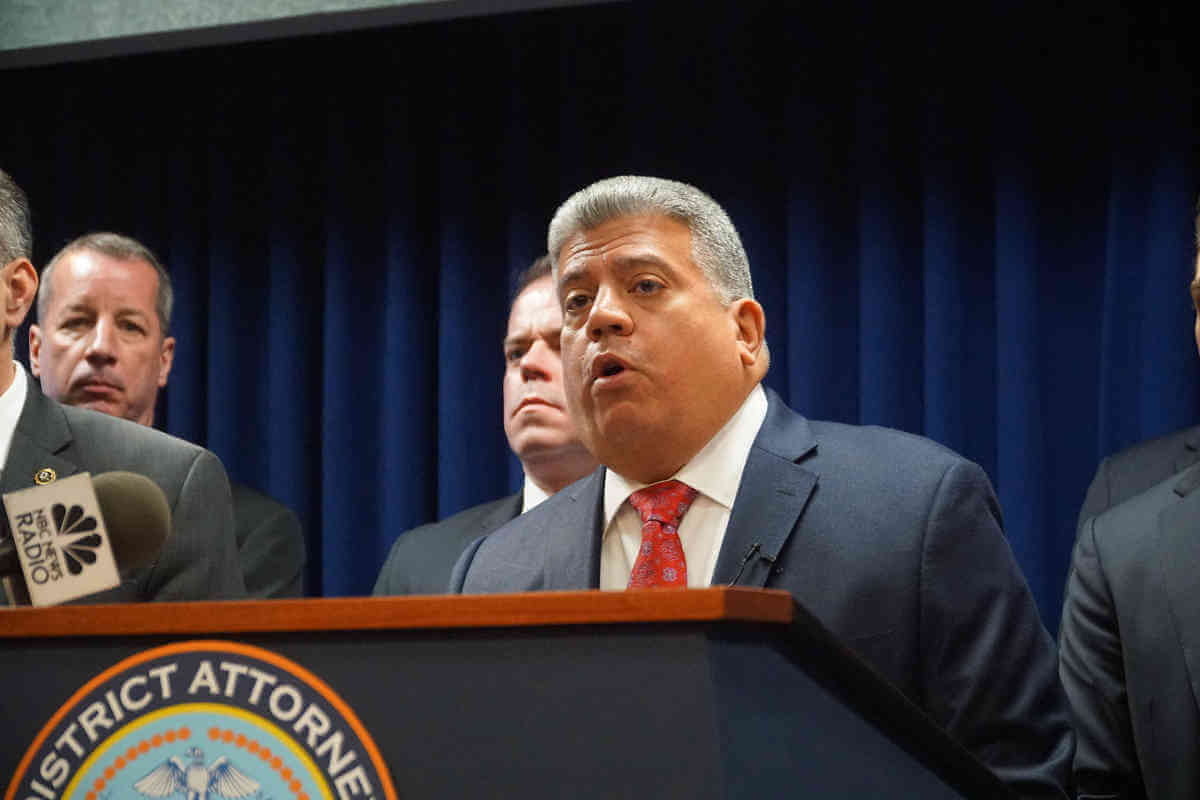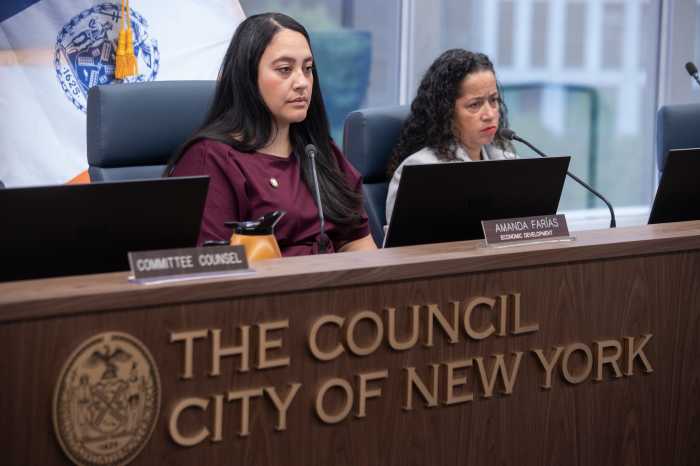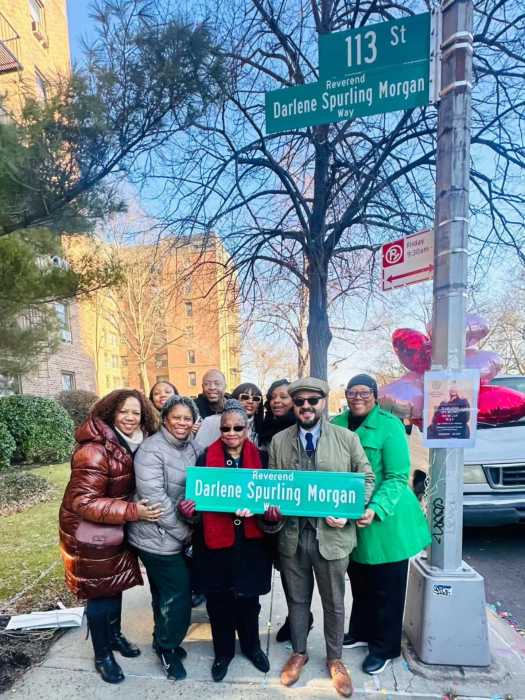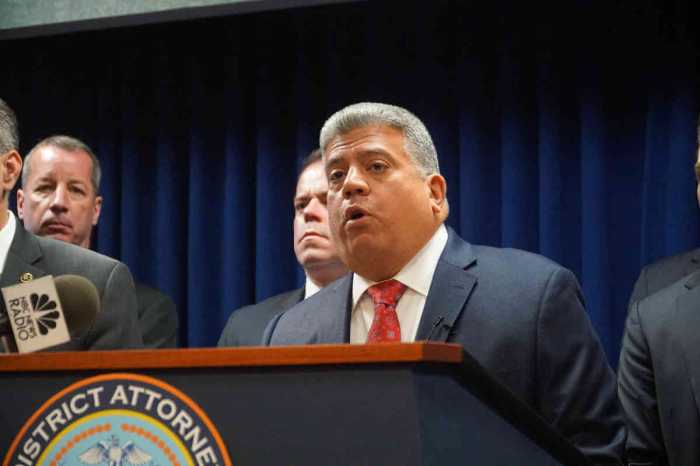As the true crime genre often sensationalizes the darker aspects of humanity, filmmakers Jesse Sweet and Ricki Stern seek to bring empathy and nuance to the conversation surrounding crime and punishment with their new documentary, “Nature of the Crime.”
The film which recently debuted on HBO, profiles the experiences of three men — Todd, Chad, and Carlos — who committed serious crimes as teenagers and are now navigating the complexities of New York’s parole system.
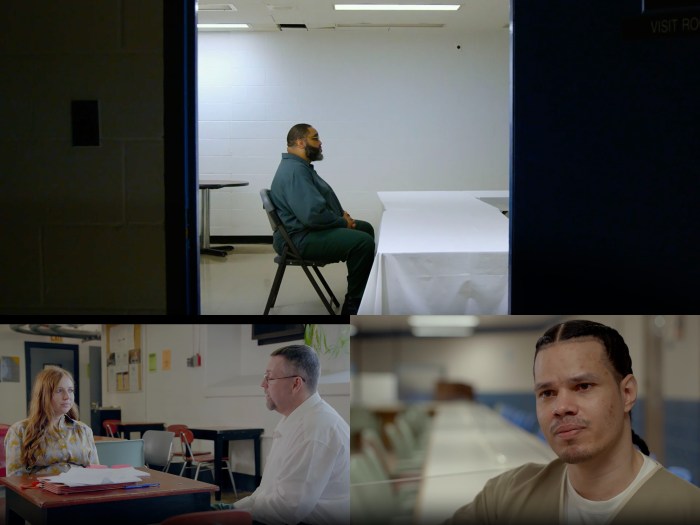
Carlos Rebollow.
Sweet and Stern, seasoned documentary filmmakers, were drawn to this project after learning about the Parole Preparation Project, a group advocating for inmates preparing for parole hearings.
“[It] opened our eyes to this whole aspect of the prison system that we weren’t aware of. It has this huge impact, and there’s very little transparency, especially in New York, regarding decision-making processes. So we thought it was a story that people should understand more,” Sweet told amNewYork Metro.
As the filmmakers delved deeper into their research, they formed relationships with Todd, Chad, and Carlos, uncovering the emotional toll the parole process took on them and their families. While growing close to their subjects, Sweet and Stern recognized that the heart of their documentary lay in capturing the men’s journeys toward self-discovery and redemption.
“It was important for us to capture the truth of the situation and not sensationalize it. We wanted to treat the subjects with care, understanding that this is not just a tragic story; it’s about human lives. That essence shaped how we approached the storytelling,” Sweet said.
Both filmmakers emphasized the importance of building trust with those they were documenting.
“We approached this as an observational film, not as an advocacy piece,” Stern said. “We wanted to capture the truth of the situation, respecting their stories while also examining the system that confines them.”
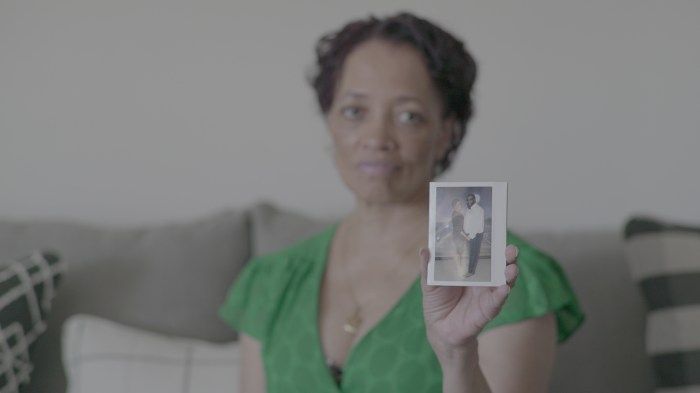
Todd Scott has been in prison for 30 years, having been incarcerated since he was just 19 years old for his involvement in the murder of Police Officer Eddie Byrne. Although he did not pull the trigger, he played a role by distracting the officer at the time of the fatal event.
Chad Campbell has spent 31 years in prison for a crime he committed at the age of 14, when he murdered a classmate, Cindy Louis, along with the toddler she was babysitting.
Carlos Rebollow was only 15 years old when he was convicted of arson and attempted murder, leading to a harsh sentence of 45 years.
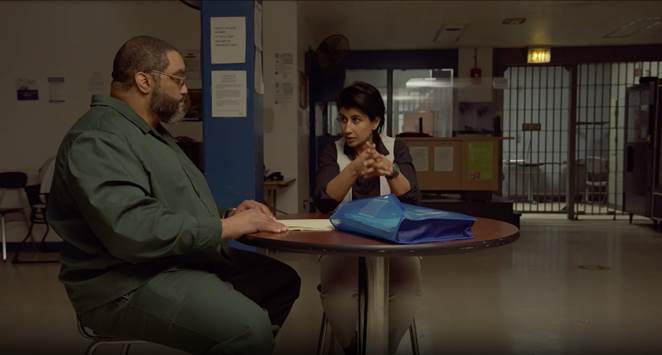
In New York inmates can petition for parole in front of the New York State Board of Parole every two years after serving a minimum sentence. The process includes an interview with board where the incarcerated individual shares information on the history of their crime, their plans once being released.
A major focus of the film is not only the personal struggles of the men but also the systemic challenges inherent in the parole process. The filmmakers explore how factors such as the nature of the crime and the discretion of parole commissioners can lead to repeated denial of parole, sometimes regardless of the individual’s growth and rehabilitation.
“The decision comes down to the nature of the crime. So no matter what someone has done in prison, no matter how they feel they’ve grown and changed, they don’t get out,” Stern said. “The question then becomes, why and what can they do, if anything, to change that?
While the film does not shy away from the harsh realities of crime and punishment, it challenges viewers to engage with difficult questions about justice and rehabilitation.
“We ultimately wanted to put the viewer into the seats of the parole commissioners because these are tough cases. You have to wrestle with the fact that these individuals don’t seem to be the same people they were when they committed the crimes. They’ve had 20, 30, or 40 years to reflect on their past actions,” Stern said.
Sweet and Stern hope the film sparks a wider discussion about reform within the parole system. They advocate for transparency and consistency in decision-making and support a more balanced representation on parole boards that includes diverse perspectives.
Both filmmakers believe that as more people understand the intricacies of the parole process, they may begin to advocate for changes that could lead to a fairer system. Such intricacies include the politicalization of crime and an antiquated system that leaves room for reform.
“We’re not just making a film. We’re raising questions about humanity and how we treat people who have made mistakes. It reflects on us as a society to consider how we rehabilitate individuals instead of just punishing them indefinitely,” Sweet said. “These larger questions are essential to how we view the prison system.”
Sweet and Stern have received positive feedback from Todd and Chad’s families and Carlos who has since been released.
“Nature of the Crime” stands as a reminder of the human stories behind the statistics.
“We should care about both sides—those who are incarcerated and the victims. If we don’t examine the parole process in a thoughtful way, we’re doing a disservice to everyone involved,” Stern said. “It’s about ensuring the system functions fairly for individuals and communities alike.”
